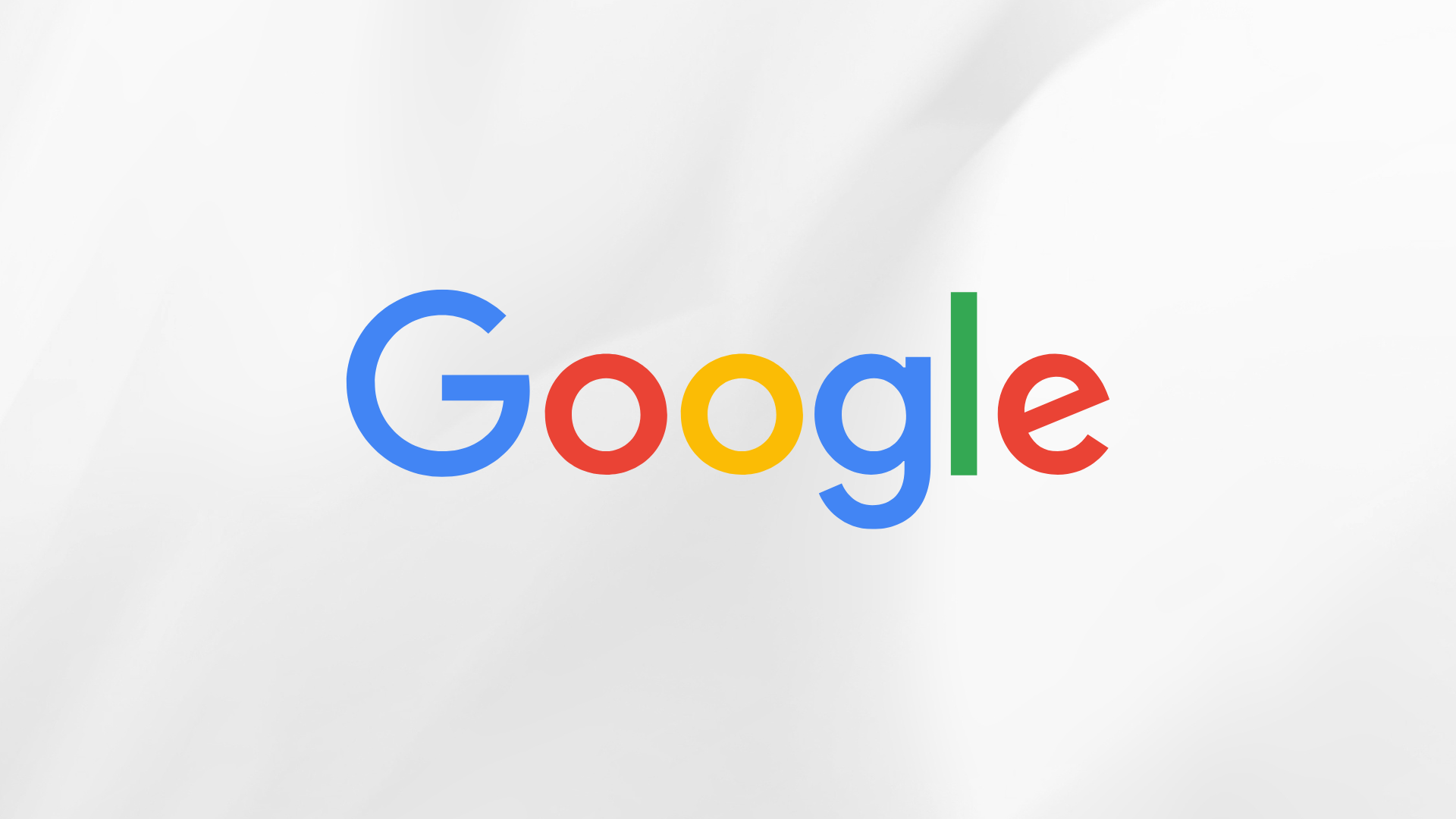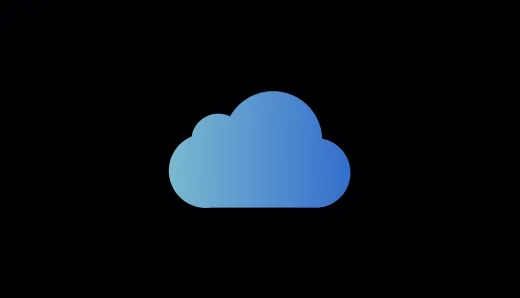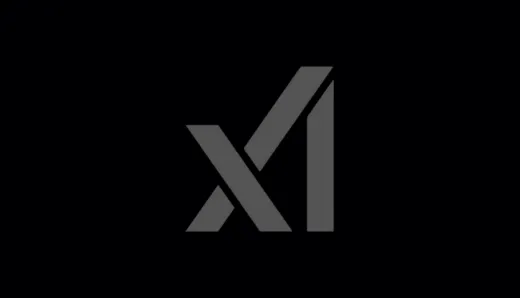Google Faces New Competition in Search Ads from TikTok and AI

The search advertising market, once firmly controlled by Google, is witnessing a seismic shift as new players like TikTok and AI-powered startups enter the scene. For years, Google has reigned supreme in the $300 billion global search ad business, which is the backbone of its success. However, emerging technologies and platforms are reshaping the competitive landscape, challenging Google’s dominance and forcing the tech giant to reconsider its strategies. This article delves into how the market is changing and what this means for Google’s future market share.
The Changing Dynamics of Search Advertising
For over a decade, Google has been the go-to platform for businesses and brands to run search ads, capturing the lion’s share of the search advertising market. Its advanced algorithms, comprehensive ad network, and vast user base gave it an insurmountable lead. However, the rise of artificial intelligence (AI) and social media platforms like TikTok is now beginning to challenge Google’s once unshakable grip on this market.
TikTok is a popular platform among younger audiences and has already attracted millions of users globally. Known for its short-form, engaging video content, and recognizing its growing influence, TikTok recently introduced a feature allowing brands to target ads based on user search queries—directly rivaling Google’s core search ad business.
Meanwhile, Perplexity, an AI-driven search startup backed by Amazon’s Jeff Bezos, is entering the competition with plans to roll out ads within its AI-generated search results. Perplexity’s unique value proposition lies in its ability to deliver sophisticated, AI-curated answers rather than simple search results, giving users a different kind of experience. This move marks a critical turning point in the evolution of the search ad market.
Google’s Market Share
Google’s search advertising market share is on a decline, and for the first time in more than a decade, it’s expected to drop below 50% in the U.S. by next year, according to a report from eMarketer. This shift is significant, as it highlights Google’s increasing vulnerability to competition. TikTok and Perplexity, alongside Amazon, are eating into Google’s lead by offering fresh, alternative advertising channels.
TikTok’s foray into search-based advertising marks a critical challenge to Google’s dominance. By allowing brands to target ads based on what users are searching for within TikTok, the platform is not only tapping into a younger, highly engaged audience but also carving out a slice of the search advertising pie that has long belonged to Google. This could push advertisers to consider reallocating their budgets toward TikTok, especially if it continues to see success in attracting and retaining users through search-based ads.
Additionally, Perplexity’s introduction of ads within AI-generated answers presents an entirely new way for users to interact with search results. Rather than the traditional search engine experience where users sift through pages of results, Perplexity’s AI-powered system curates direct answers. This format change could be attractive to advertisers seeking innovative ways to engage potential customers. Moreover, Perplexity’s ability to monetize its AI platform could push other AI-based search tools to enter the ad space, further eroding Google’s market share.
TikTok's Rise as a Search Competitor
TikTok has become more than a social network, as it influences users' searches. Whether it be product recommendations or DIY hacks, its algorithm ensures delivering quite compelling content personalized for the user's needs-making it a much stronger alternative to traditional search engines. Now brands can target ads directly to users based on their search behavior through TikTok's feature of search-based advertisements.
This shift is no longer merely an ad but a shift in consumer behavior. More and more young audiences use TikTok for their search, be it to get product reviews, recommendations, or tutorials through videos. Therefore, the power of TikTok is that it gives the marketer much faster attention and engages content. The bottom line here is that advertisers see a lot of potential in reaching audiences that Google may not be able to effectively engage anymore.
In response, Google is already adding more video content to the search results, an indication that the company is taking heed of how the TikTok app's video-centric approach poses a more severe threat. Besides, pivoting fully towards video-based advertisements is more complicated because Google needs to consider both the legacy text-based search model and new media formats.
AI Startups Are Changing the Game
Perplexity’s entry into the search advertising market underscores the disruptive power of AI in reshaping traditional industries. AI is revolutionizing how search results are generated, offering more intuitive and context-aware responses. Instead of merely listing links to external websites, AI systems like Perplexity provide direct answers to user queries, making the search experience faster and more efficient.
This shift is a game-changer for advertisers. With AI-powered search engines like Perplexity, brands have the opportunity to reach customers more effectively through highly personalized and relevant ads. The integration of AI allows advertisers to fine-tune their targeting capabilities, creating ads that are more likely to convert.
Moreover, AI’s potential to learn and improve over time could eventually outpace traditional search engines in delivering more precise and impactful results. As a result, advertisers may increasingly turn to AI platforms like Perplexity to reach their target audiences, cutting into Google’s dominance.
What Does This Mean for the Future of Google?
Google has already made some moves to counteract these threats, including integrating more AI into its search engine and expanding its video content offerings. However, the company will need to continue evolving if it hopes to maintain its market share. This may involve investing in AI-driven technologies, exploring new ad formats, or even acquiring emerging platforms to strengthen its position in the industry.
Additionally, Google faces mounting pressure from regulatory bodies, with legal challenges threatening to limit its dominance. A combination of increased competition, changing consumer behavior, and potential regulatory crackdowns could significantly impact Google’s business model over the coming years.
As the competition heats up, it’s clear that the search advertising market is undergoing a transformation—and Google will need to evolve if it wants to keep its crown.
Explore more insights on how tech trends are reshaping the digital landscape by visiting digitalexperience.live. Stay updated on the latest industry news, and gain a competitive edge.




